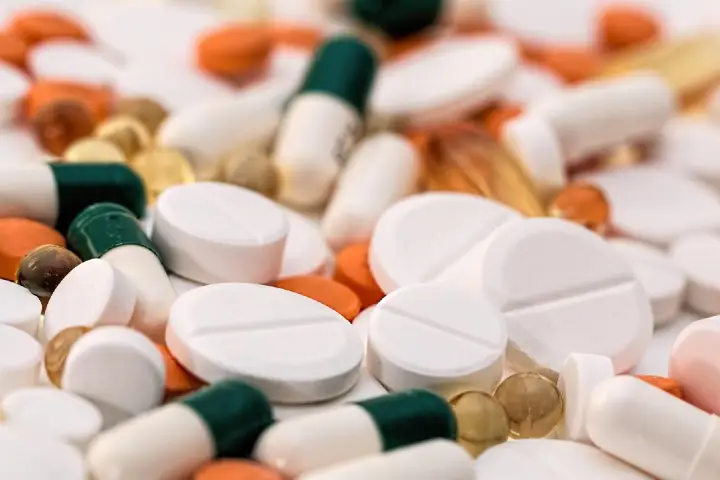

Pakistan is now bracing itself for shortage of essential drugs
Hit by acute shortage of imported raw materials, rising prices and sliding currency, Pakistan’s pharmaceutical companies have threatened to halt production as Islamabad continues to fire-fight to stay afloat. This is gradually leading to a full blown health crisis. Several hospitals and clinics are already running short of life saving drugs and critical equipment.
Pricing of essential drugs in Pakistan is controlled by the government – a move that was essentially to keep medicines affordable and accessible, is now backfiring. Most pharmaceutical companies are now bleeding and are on the brink of shutting down. The fall in the Pakistani rupee against the US dollar on one hand and the shortage of active pharmaceutical ingredients (API) have pushed up the cost of production of medicines while the drug manufacturers have not been able to increase the prices.
Thousands of containers carrying essential items which include food and raw materials are stuck at the country’s ports due to non payment.
The drug manufacturers have sought the government’s permission to increase across the board prices of medicines. “The government should find middle ground: authorities must cater to the people without creating hurdles for manufacturing companies which cannot get their business running with their hands tied – and no one can do business at a loss,” local news organisation – The News said.
The country’s fuel and power shortage is also starting to impact hospitals and other healthcare service providers.
Pakistan’s foreign exchange reserves—held by its central bank—is now at $2.9 billion. The country’s banks have been reluctant to issue letters of credit in a bid to save forex.
The Shehbaz Sharif government has finally agreed to the stringent conditions set by the International Monetary Fund (IMF). It has approved a new tax on power as mandated by the multilateral lender. But the move would further push up inflation which touched 27.6 per cent in January up from 24.5 per cent in December– the highest since 1975. This will lead to tougher days for the common citizens.
Also read: Cash starved Pakistan bows to IMF conditions, approves new tax on power
As was widely expected, the Indian economy grew by 6.5 per cent in real terms…
World No Tobacco Day, marked annually on 31 May, addresses a major public health challenge--the…
Defence Minister Rajnath Singh, addressing officers and sailors onboard India's first indigenous aircraft carrier INS…
The leadership team from the Central Tibetan Administration (CTA) arrived in Tokyo to participate in…
Hailing the centre's fight against naxalism and red terror, Prime Minister Narendra Modi said that…
Defence Minister Rajnath Singh aboard India's first indigenously built aircraft carrier, INS Vikrant, on Friday…